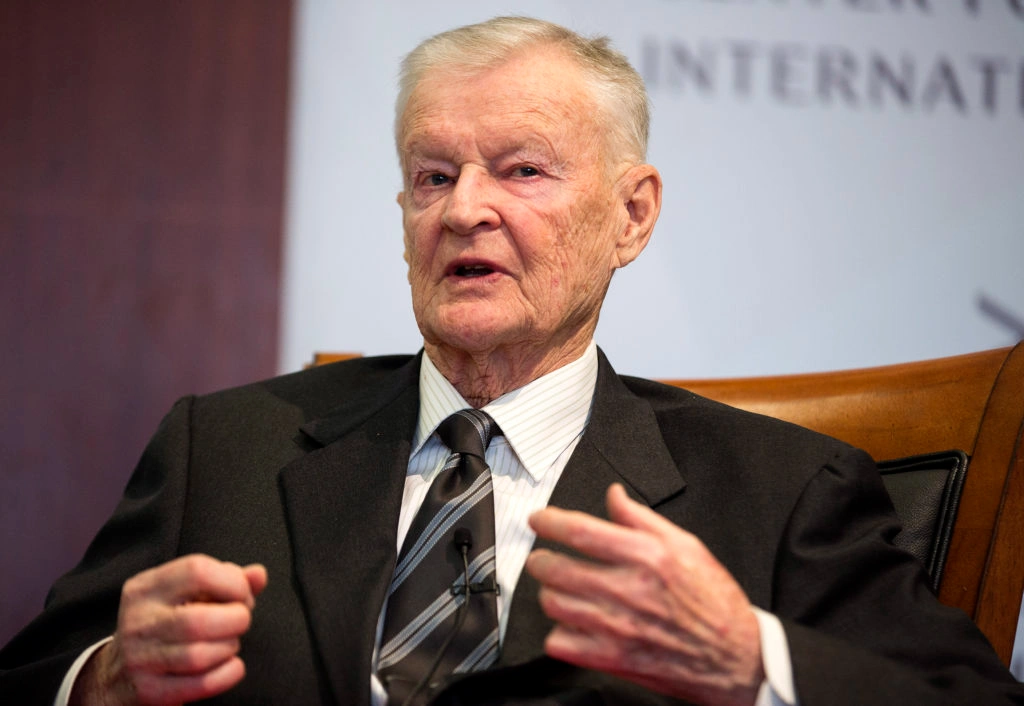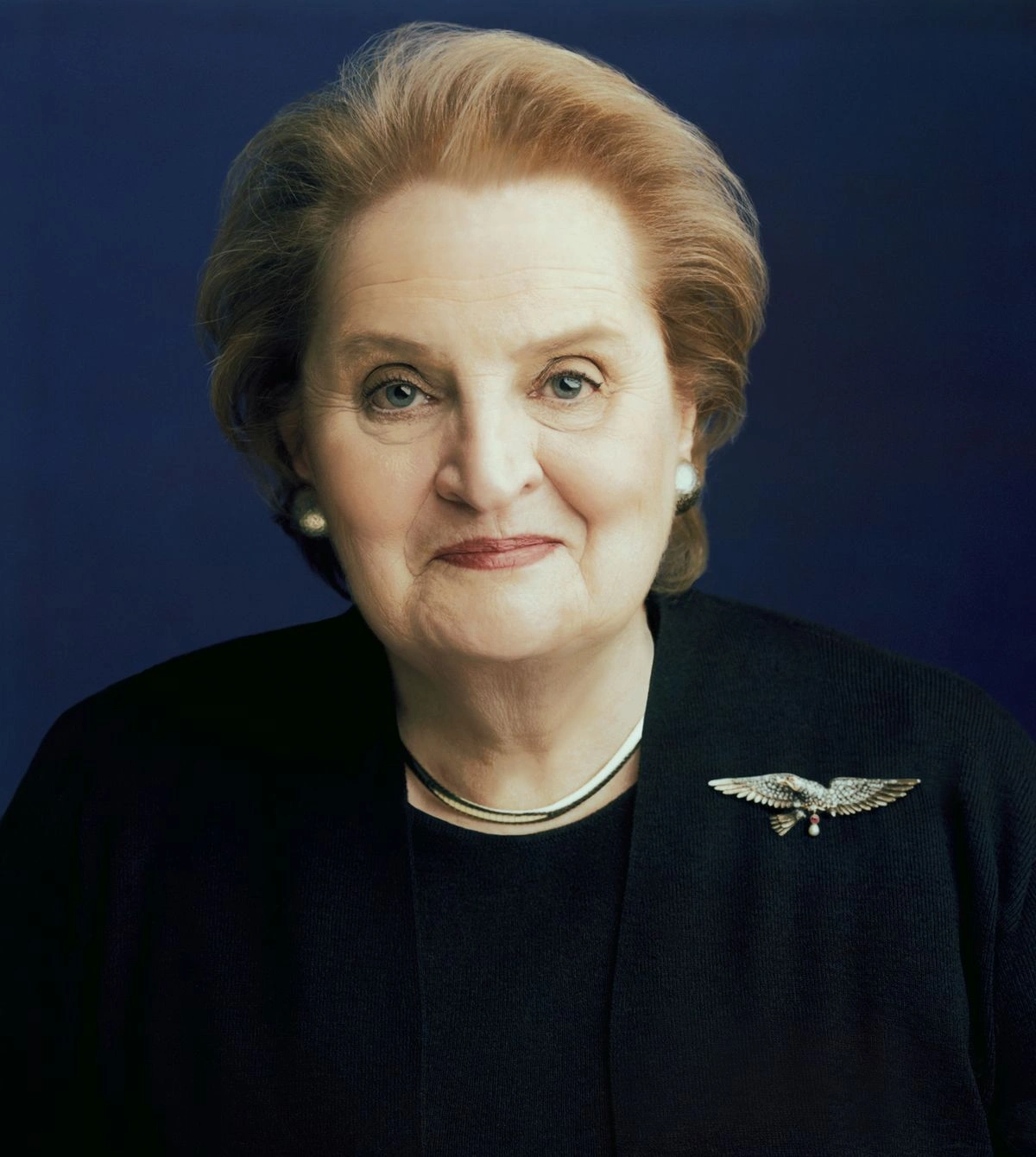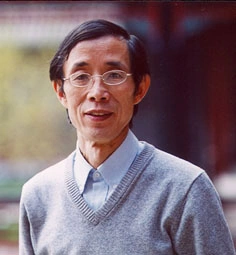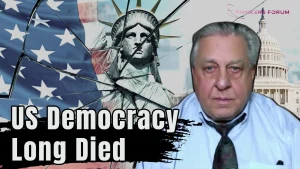“Nuclear Weapon Should Continue to Proliferate Despite Nuclear War’s Shadow”
Recently, the China Academy hosted a fascinating global dialogue featuring two prominent intellectuals: John J. Mearsheimer, a renowned geopolitical scholar from the University of Chicago, and Alexander Dugin, a Russian philosopher and political theorist known as “Putin’s brain.” (https://thechinaacademy.org/exclusive-john-mearsheimer-vs-alexander-dugin-all-you-need-to-know-about-china-us-and-russia/) Covering a wide range of critical global issues, their conversation was really constructive. However, while their perspectives were thoughtful, I disagree with certain points they raised. I will address these views one by one and offer my analysis.
The Cold War Actually Ended With Mutual Defeat
First and foremost, Mearsheimer offers a remarkably clear and sober analysis of how the United States perceives its role in the world. As he observed, after the Soviet Union collapsed in 1990, the U.S. came to see itself as the dominant power in a unipolar world—one that sought to reshape the globe in its own image. This mindset is evident in the way American political elites approach global affairs.
Take, for example, President Carter’s Polish-born National Security Advisor, Zbigniew Brzezinski. His vision of the global chessboard was intriguing: a game played solo, with no real opponents and little regard for how others might react.
 Zbigniew Kazimierz Brzeziński was Jimmy Carter’s National Security Advisor from 1977 to 1981. He belonged to the realist school of international relations, while elements of liberal idealism have also been identified in his outlook.
Zbigniew Kazimierz Brzeziński was Jimmy Carter’s National Security Advisor from 1977 to 1981. He belonged to the realist school of international relations, while elements of liberal idealism have also been identified in his outlook.
Similarly, President Clinton’s Czech-born Secretary of State, Madeleine Albright, believed in American Exceptionalism, and described the United States as an “indispensable nation”—a country that stands taller and sees farther than others, one uniquely positioned to define the future direction of the world.
 Madeleine Jana Korbel Albright, serve as the U.S. Secretary of State in the cabinet of President Bill Clinton from 1997 to 2001. She believed in American Exceptionalism
Madeleine Jana Korbel Albright, serve as the U.S. Secretary of State in the cabinet of President Bill Clinton from 1997 to 2001. She believed in American Exceptionalism
These perspectives align closely with Francis Fukuyama’s End of History thesis, which suggested that with the Soviet Union’s collapse, the U.S. emerged as the unchallenged hegemony in a unipolar world, capable of unilaterally shaping the world’s destiny.
However, in my view, American theorists—including Mearsheimer—and the political elites mentioned earlier share a common misconception: that the collapse of the Soviet Union marked America’s victory in the Cold War and ushered in a unipolar world. I believe this conclusion is fundamentally wrong, and it serves as the starting point for a series of American misjudgments about global affairs.
In fact, the end of the Cold War was a case of mutual defeat. The Soviet Union lost politically—Gorbachev’s blind faith in Western-style democracy and his radical political reforms ultimately led to the country’s disintegration. Meanwhile, the United States suffered economically. For America, the Cold War was a costly business; supporting its Western allies drained the U.S. economy. This economic toll is one of the key reasons why figures like Donald Trump could rise to power—advocating for withdrawing from international organizations, demanding “protection fees” from allies, and pursuing strategic retrenchment in order to restore America’s economic health.
Three Major and Four Minor, A New Multipolar Structure
Unlike Mearsheimer, Dugin’s analysis starts from the premise that the U.S.-led unipolar world order no longer exists. He argues that the world has become multipolar, consisting of three major poles: the United States as the first, China as the second, and Russia as the third. He also suggests that India has the potential to emerge as a fourth pole in the future. Additionally, Dugin emphasizes that Russia already holds the position of the world’s second-strongest nuclear power.
I agree with Dugin’s observation of a multipolar world; however, I hold a different perspective regarding which powers qualify as true “poles” in this system. In my view, only forces that play a significant role in the competition and conflicts among major global powers can be considered poles. By this definition, India has yet to assume any substantial role on the world stage. While India possesses nuclear weapons, so do Pakistan and North Korea. The question then arises: can these three nuclear-armed nations be considered major players in a multipolar world? My answer is no.
I believe the structure of a multipolar world can be understood as “three major poles and four minor ones.” The three major poles—China, the United States, and Russia—are widely recognized. As for the four minor poles, their roles can be observed through the dynamics of the restarted Syrian civil war, where different powers demonstrated their influence.
I consider the European Union to be the first one of the four minor poles. While the EU has generally maintained a strong relationship with the United States under Biden’s leadership and closely followed the U.S. in imposing comprehensive sanctions on Russia after the outbreak of the Russia-Ukraine war, this dynamic could soon face significant challenges. With Trump beginning his second term, he is expected to reintroduce indiscriminate tariffs on allies—including the EU—as well as adversaries like China. Trump has even threatened to withdraw from NATO. The EU’s role as an independent pole in a multipolar world will thus become clearer as we observe the next phase of U.S.-EU interactions.
The second minor pole, in my view, is Israel—the country that keeps the United States deeply entangled in the Middle East. Despite its small size and population of just a few million, Israel has demonstrated a willingness and capacity to push beyond the boundaries of international law and ethical norms in pursuit of its expansionist goals. Additionally, Israel’s lobbying groups exert significant influence behind the scenes, shaping U.S. political forces and ensuring America remains firmly entrenched in the Middle East. As a result, even theorists like Mearsheimer—who argue that the U.S. should ease tensions with Russia and focus its resources on countering China—have to contend with the reality that Israel’s actions prevent the U.S. from extricating itself. For this reason, I consider Israel to be the second most significant of the four minor poles.
The third minor pole, in my view, is Iran. Within the Islamic world, Iran is one of the few countries with the power to challenge both the United States and Israel, and it even has the potential to develop nuclear weapons—making it more daring than Pakistan. While Iran faced a significant setback in Syria, the country has not been defeated. As long as Iran can purge the pro-American faction within its own ranks and remain resolute in its opposition to the U.S., it will remain the strongest force in the Islamic world.
The final player in this multipolar structure, in my view, is Turkey. In the recent crisis in Syria, the Syrian National Army (SNA) and Hayat Tahrir al-Sham (HTS), backed by Turkey, made rapid advances toward Damascus, causing the Assad government to collapse within just ten days. Historically, as the heart of the Ottoman Empire, Turkey has been a dominant power in the Middle East. It has long competed with both the Russian Empire for control of the Black Sea and the Austro-Hungarian Empire for dominance in the Balkans. Today, Turkey ranks as the strongest military power in NATO after the United States, and its conventional military capabilities make it an influential force to be reckoned with. For these reasons, Turkey plays a crucial role in the global balance of power.
An Optimistic Outlook: Continental Powers Integrate, Maritime Powers Retreat
Finally, regarding the discussion on nuclear war and nuclear proliferation, I believe that, in the face of the threat of nuclear conflict, leaders like Putin, Trump, and even China is all reluctant to engage in a nuclear war. They are all focused on avoiding such a scenario. The real danger, however, lies in the potential use of tactical nuclear weapons. The use of strategic nuclear weapons, on the other hand, is unlikely—unless artificial intelligence takes over decision-making. The response time in a nuclear conflict is only a matter of minutes, so any need for presidential or congressional deliberation is simply impossible.
Although the shadow of nuclear war still looms, I believe nuclear weapons should continue to proliferate. We have already seen nuclear weapons spread to India, Pakistan, and North Korea, and they are likely to reach Iran soon. I anticipate that, in the future, they may also spread to Brazil and Mexico. This would significantly challenge the U.S.’s nuclear hegemony. In this sense, the danger of nuclear war would decrease, rather than increase.
Overall, I remain cautiously optimistic about the near future. The Western bloc’s power has already waned, and the trend of the East rising while the West declines is now inevitable. While this dialogue didn’t address the economic landscape, it’s worth noting that the U.S. financial system has outpaced its real economy. According to Purchasing Power Parity (PPP) calculations, the U.S. is no longer the world’s strongest economy. Even in military technology, the gap between the U.S., China, and Russia is rapidly narrowing. Therefore, while the U.S. still sees itself as the dominant global power and hopes to maintain its leadership, I believe it will soon find itself in second or third place.
In the long run, I am even more optimistic than Dugin. I believe that the integration of the Eurasian continent, coupled with China’s Belt and Road Initiative and the development of Africa and Latin America, will transform the global order. This new world order will not only be multipolar, but also one where continental powers become more integrated, while maritime powers retreat.
 Chen Ping is a researcher at the China Institute of Fudan University. He is also a blogger with about 10M followers on the Chinese Internet.
Chen Ping is a researcher at the China Institute of Fudan University. He is also a blogger with about 10M followers on the Chinese Internet.



